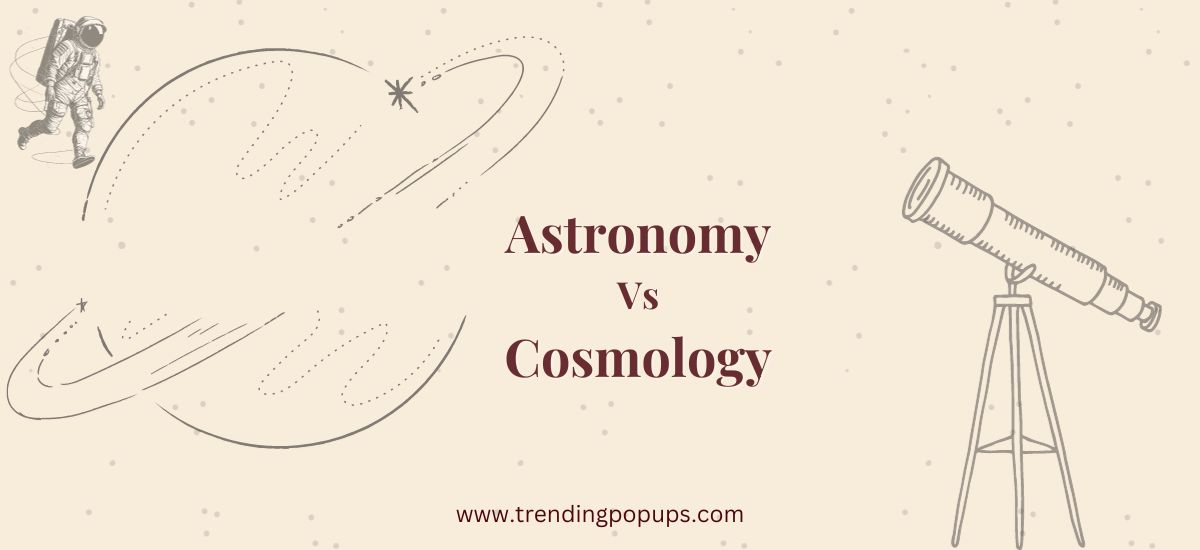Hey there, savvy shoppers! If you’re someone who loves a good bargain and the thrill of finding the best deals, then you’re in for a treat. Today, we’re diving into the phenomenon that has shoppers across the globe counting down the days- Black Friday. Grab your coffee, get cozy, and let’s explore the ins and outs of this shopping extravaganza.
What is Black Friday?
Black Friday, traditionally falling on the day after Thanksgiving in the United States, marks the unofficial start of the holiday shopping season. Over the years, it has evolved into a global shopping phenomenon, with retailers worldwide joining in on the excitement.
The Origins
The term “Black Friday” originated in the 1960s in Philadelphia, where it was used to describe the chaotic and heavy pedestrian and vehicle traffic that occurred on the day after Thanksgiving. However, the true turning point came when retailers started using the phrase to signify the point in the year when they began turning a profit – moving from “in the red” to “in the black.”
Nowadays, Black Friday is synonymous with incredible discounts, doorbuster deals, and a shopping frenzy that can be both exhilarating and overwhelming.
Planning Your Black Friday Strategy
- Do Your Research: Before the big day arrives, it’s essential to scout out the deals. Many retailers release their Black Friday ads well in advance, giving you a sneak peek at what to expect. Make a list of the items you’re eyeing, compare prices, and prioritize your must-haves.
- Create a Budget: With the allure of irresistible discounts, it’s easy to get carried away. Set a budget for your Black Friday shopping and stick to it. This will help you avoid overspending and ensure you make the most of your hard-earned money.
- Sign Up for Newsletters and Alerts: Many retailers offer exclusive deals and early access to subscribers. Sign up for newsletters and alerts from your favorite stores to stay in the loop and snag the best deals before they sell out.
Navigating the Black Friday Madness
- Early Bird Gets the Worm: Black Friday deals often start early – some as soon as Thanksgiving evening. If you’re serious about scoring the best bargains, consider starting your shopping spree on Thursday night.
- Online vs. In-Store: With the rise of online shopping, many retailers offer their Black Friday deals both in-store and online. Consider your preferences and the nature of the items you’re looking for. Some doorbuster deals may only be available in-store, while online shopping offers the convenience of avoiding crowds.
- Stay Organized: With a list in hand and a clear budget, stay organized as you navigate the sales. Keep track of your purchases, note the time-sensitive deals, and be mindful of any additional discounts or coupons you can apply.
The Rise of Cyber Monday
In recent years, a new player has emerged in the post-Thanksgiving shopping bonanza – Cyber Monday. Falling on the Monday following Black Friday, Cyber Monday is dedicated to online deals and discounts. This digital counterpart offers a fantastic opportunity to continue your shopping spree from the comfort of your home.
Tips for Cyber Monday Success
- Check Your Internet Connection: Slow internet can be a buzzkill when you’re trying to snag online deals. Make sure your internet connection is stable and consider using a private network to protect your personal information.
- Create Online Accounts in Advance: To streamline the checkout process, create accounts on your favorite online retailers’ websites ahead of time. This can save you precious minutes and increase your chances of securing the items in your virtual cart.
- Stay Secure: Be cautious of phishing scams and only shop from secure websites. Look for the padlock icon in the address bar and use trusted payment methods to protect your financial information.
The Aftermath – Reflecting on Your Haul
Once the dust settles and you’ve unpacked your Black Friday and Cyber Monday finds, take a moment to reflect on your shopping experience. Did you stick to your budget? Did you find everything you were looking for? Most importantly, did you enjoy the process?
Black Friday is more than just a day of shopping; it’s a cultural phenomenon that brings people together in pursuit of a good deal. So, whether you’re a seasoned Black Friday veteran or a first-time participant, embrace the excitement, enjoy the savings, and happy shopping!



